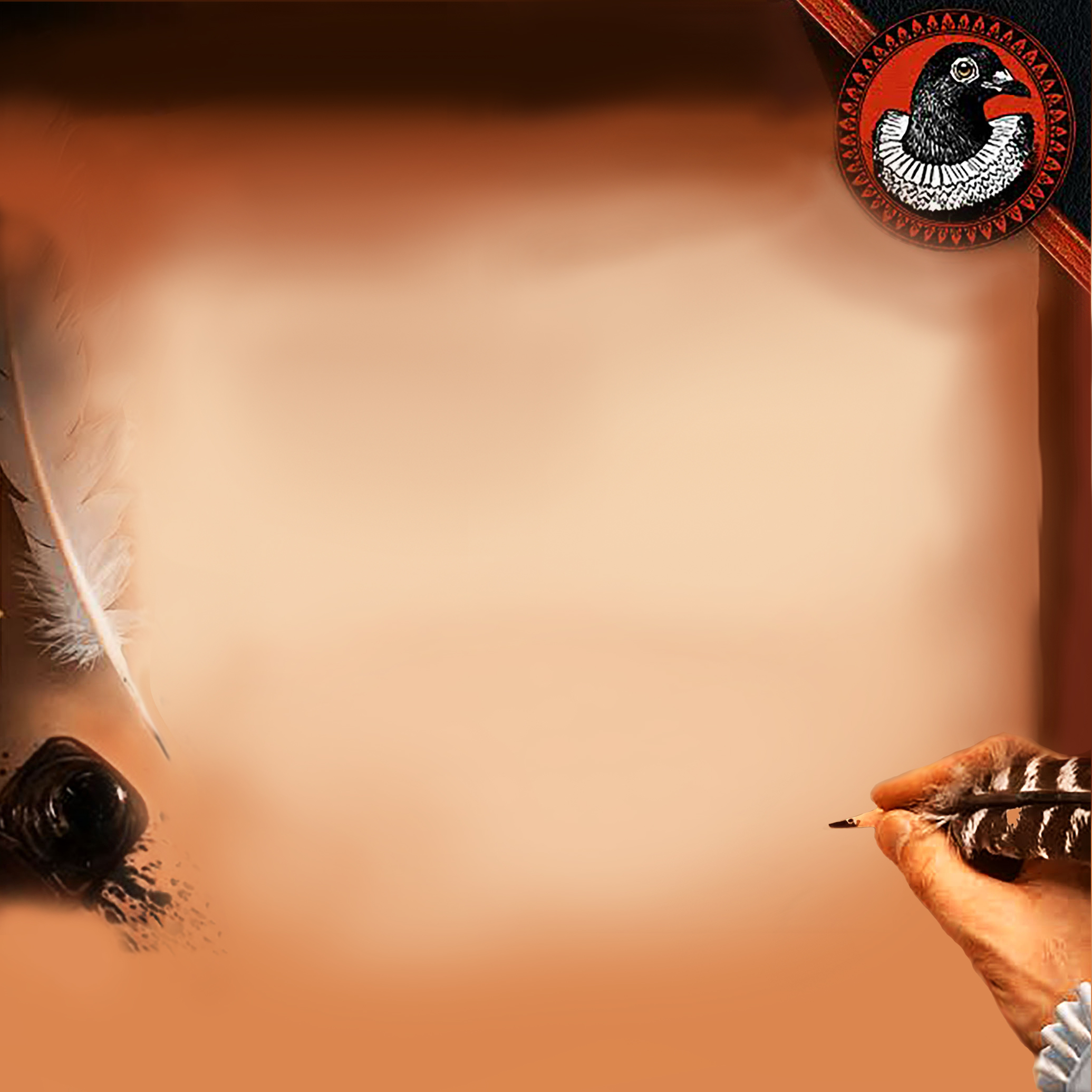Shakespeare anticipated the democrats’ justification to use illegal means to capture the executive in Julius Caesar, when he plumbed Roman history for the story of Caesar’s assassination, and the transition from a Roman republic, which dated back to the 6th century B.C., to a dictatorship.
Here’s Cassius, seeding a plot to overthrow Caesar, and insinuating to Brutus that Caesar’s power has grown so great that before he becomes a dictator, they need to destroy him and install a triumvirate of dictators themselves:
Cassius: “Why, man, he doth bestride the narrow world
Like a Colossus, and we petty men
Walk under his huge legs and peep about
To find ourselves dishonourable graves.
Men at some time are masters of their fates:
The fault, dear Brutus, is not in our stars,
But in ourselves, that we are underlings….
Now, in the names of all the gods at once,
Upon what meat doth this our Caesar feed,
That he is grown so great?”
They must destroy the republic in order to save it. If there has been electoral fraud here in 2020, the self-justification was likely the same.
After the brooding Brutus has had some time to think about it, he announces to the audience his decision to rig voting machines, fill out absentee ballots in the names of people who didn’t vote, destroy absentee ballot envelopes, and otherwise conspire to deprive Trump of executive power, and in his terms, deprive Caesar of the crown:
Brutus: “I know no personal cause to spurn at him,
But for the general. He would be crown’d:
How that might change his nature, there’s the question.
… Crown him?—that;—
And then, I grant, we put a sting in him,
That at his will he may do danger with.”
So his nature is fine, or at least not dictatorial, but “He would be crown’d” (even though he refused a crown that was offered at a Trump rally – that is, before the Roman mob – three times by Marc Antony). ” How might that change his nature“? Again, even though Caesar has held executive power for some time, and Trump has had the perfect excuse to impose marshal law (COVID-19) and has instead left that to each state in its discretion.
Biden, I mean Brutus, even admits that he’s never seen Caesar, whatever his rhetoric, overstep his authority in the past:
Brutus: “… and, to speak truth of Caesar,
I have not known when his affections sway’d
More than his reason.”
Still, Brutus insists that he is worried, and has good reason, although his reasons would apply equally to anyone who was further up the ladder of authority that he is:
Brutus: “But ’tis a common proof,
That lowliness is young ambition’s ladder,
Whereto the climber-upward turns his face;
But when he once attains the upmost round.
He then unto the ladder turns his back,
Looks in the clouds, scorning the base degrees
By which he did ascend. So Caesar may.”
At the very end, Brutus actually admits he has no specific claims against Caesar that will withstand scrutiny:
Brutus: “…And, since the quarrel
Will bear no colour for the thing he is,
Fashion it thus; that what he is, augmented,
Would run to these and these extremities:
And therefore think him as a serpent’s egg
Which, hatch’d, would, as his kind, grow mischievous,
And kill him in the shell.”
But Trump and his followers have long since hatched from their shell, and while a fraudulent election may hold them back for a few years, the forces they represent will not be held back for long. Behind every Julius Caesar is a Marc Antony, thirsting for revenge.
I write this blog to show that life can reveal richer meanings when it’s seen through a Shakespearean lens. Hope you enjoyed!
